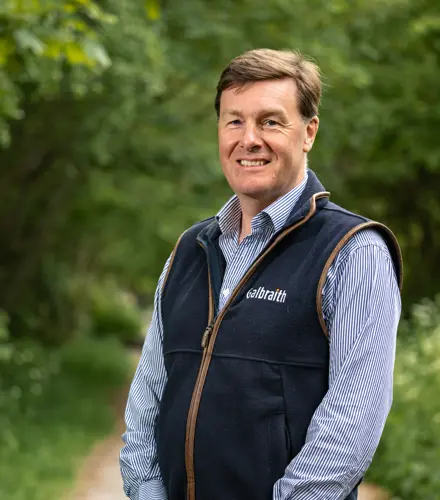In Energy Matters 29 we called for a rethink on the Shared Rural Network (SRN) programme to avoid significant impact on remote and protected landscapes where demand for mobile communication is generally low.
In February the Government announced a review of the SRN rollout in rural areas to cut the £1 billion projected cost of the project and it is understood that officials are planning to cut the number of new mobile masts built under the programme from 260 to around 60.
Although the review has been instigated by a desire to cut costs, we consider the Government should look at the wider impacts of the programme during its review and target any new sites to where they are need most rather than just building sites to achieve a notional geographical coverage.
It is time for Government and mobile operators to work more closely with local communities to ensure an effective, joined up digital rollout to reduce disruption and environmental impact – this will require changes to the current SRN programme.
In Scotland, SRN previously aimed to achieve 74% 4G mobile combined coverage from the mobile network operators, up from 44% at the start of the programme, with coverage from at least one mobile operator increasing to 91%. These targets will also need to be changed as part of any review of the programme.
Improved coverage in rural areas is important for residents and businesses. However, the next phase of the project, Total Not Spots (TNS), looks to locate masts in more remote areas as new masts are put up to fulfil the geographical requirements of the SRN commitment, rather than any other requirement, and the sites identified are often not wanted by local communities and landowners.
There is also significant environmental and other impact caused by new mast sites, whether that is the visual intrusion of the mast structure itself, the power and fibre services required, or access visits for refuelling generators, maintenance or other reasons.
We wait to see the outcome of the Government’s review and how this impacts the overall SRN programme. Meanwhile, however, the operators are still progressing site development due to the potential penalties if the January 2027 deadline fails to be met.
As the operators should be responsible for paying all the fees incurred for progressing their enquiries, landowners and occupiers are urged to seek professional advice at an early stage of an approach, in order to protect their property rights.

